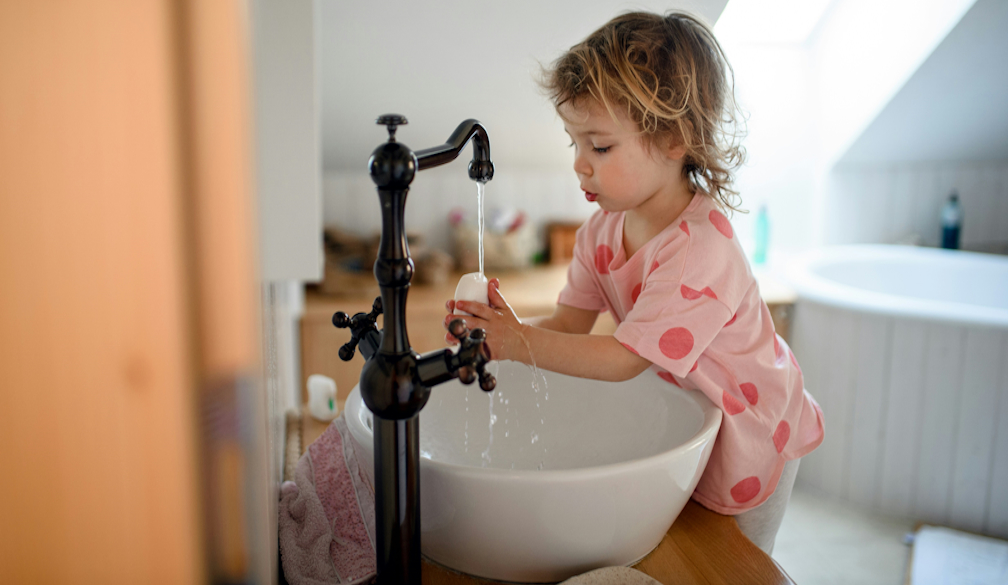Sydney Weather Sparks New Concerns About Trihalomethanes in Water Supply

Ongoing wild weather has sparked concerns about trihalomethane levels in Sydney’s water supply. Trihalomethanes are carcinogens associated with bladder cancer including chloroform, bromoform, bromodichloromethane and dibromochloromethane. Ironically, trihalomethanes (THMs) are the deadly byproducts of “keeping drinking water safe” via chlorination. Trihalomethanes result from chlorine reacting with organic matter in the water and pipes. The more chlorine needed to keep the water safe, the more organic matter in water (resulting from heavy rainfall and flooding) the higher the levels of THMs in drinking water. Most domestic water filtration systems do not fliter THMs from tap water.
The permissible level of THMs in the USA is just 80 microns per litre, in European maximum levels are set at 100 microns per litre, where Australian standards allow for 250 microns, more than three times that of the American maximum safe levels. A 2019 study of THM levels in Iranian drinking water found that while readings at the water treatment plants were within safety limits, levels varied greatly at different sample points, far exceeding levels considered to be carcinogenic.
Every year approximately 4000 Australians are diagnosed with bladder cancer of which the five year survival rate is just 57%. Urothelial carcinoma, squamous cell carcinoma and adenocarcinoma are the more common cancers of the bladder and chemical exposure is the leading risk factor. Bladder cancer is the only cancer where survival rates are decreasing in Australia. It’s increasing in Australia and the average age of onset is decreasing.
To remove Trihalomethanes, drinking water must be filtered through a maximum filter size of 0.5 microns. Most domestic water filtration systems are rated NS42. These are designed to remove odours and tastes from water supply but not THMs and other harmful contaminants including microbials and lead. Water filtration systems rated NS53 remove 99% of contaminants, including THMs.
“It used to be that clients just wanted to take the unpleasant taste out of Sydney’s water, but in the last few years, we’ve seen an increase in demand for finer filtration in under sink water filter installations. Sydney residents are definitely becoming more aware of the risks” said Ryde plumber, Joe Rantino.

























